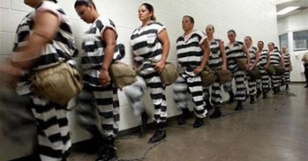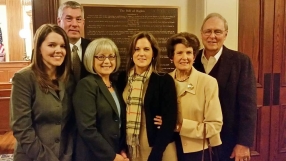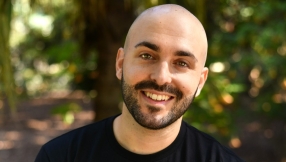
Have American women already imbibed a culture of death because of contraception?
A recent federal survey revealed that the number of women in the United States who use contraceptive devices that have adverse effects on unborn babies has almost doubled in recent years.
According to the poll conducted by the National Center for Health Statistics at the Centers for Disease Control and Prevention (CDC), the number of American women who utilised long acting reversible contraceptives (LARCs) to prevent pregnancy rapidly rose from 6 percent between 2006 and 2010 to 11.6 from 2011 to 2013.
These figures confirm findings two years ago also by the CDC which showed that 7.2 percent of women used LARCs between 2011 and 2013, which also increased more than twice the 3.8 percent recorded between 2006 and 2010.
Surprisingly, the CDC found out that among the most used contraceptives already considered as abortifacients are intrauterine devices, which nearly disappeared from the market 30 years ago.
Megan Kavanaugh, senior research scientist for the sexual and reproductive health-focused Guttmacher Institute, explained that teenagers may be passing information to each other about the use of these abortifacient contraceptives.
"A lot of that is trickling down to the patient side," Kavanaugh told The Albany Daily Star. "Patients, particularly younger patients, are learning about [LARCs] as an option. As more women use these methods, they're likely to share their experience with their friends, so it grows by word of mouth."
The same study also noted that there is widespread use of other contraceptives approved by the Food and Drug Administration (FDA), including condoms and pills.
"Nationally, although use of LARC methods nearly doubled in recent years, use remains lower than that of other reversible contraceptives such as oral contraceptive pills and condoms, and considerable barriers to access and contraceptive method availability remain," the study stated.
Another interesting note in the CDC study is that teenage pregnancies are still prevalent in the United States "despite the availability of a wide range of FDA-approved contraceptives."

















